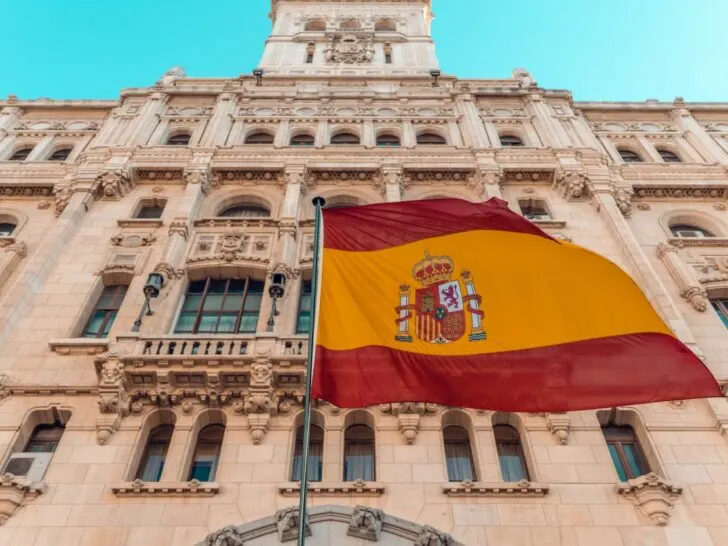Spanish people are known as Spaniards, an ethnic group indigenous to Spain. In the country of Spain, several national and regional ethnic groups are a reflection of the history of Spain. It includes several languages, indigenous and local linguistic descendants of the Latin language imposed by the Romans. Spanish is the official and the largest language spoken throughout the country.
Spanish, on the other hand, is the Romance language of the Indo-European languages (which is a language family native to the majority of Europe), which evolved from only colloquial spoken Latin in the Iberian Peninsula of Europe to become a global language with almost 500 million indigenous speakers. Furthermore, Spanish is the official language of at least 20 countries, as it’s the second world’s most spoken language after Mandarin Chinese. The largest population of Spanish speakers is in Mexico.
Spanish means of or relating to Spain, meaning anything that is related to Spain is called Spanish. For instance, the language of Spain is Spanish.
The difference between Spaniards and Spanish is that Spaniards refers to the people who are native to the country of Spain, and Spanish is a native language of Spain, which is spoken by many Spaniard people. Spanish also means of or relating to Spain, basically, it means that the people who are related to the country Spain are known as Spanish. This can also be a difference between Spanish and Spaniards, things or anything which is related to Spain is called Spanish, while Spaniards refer solely to the people who’re from Spain.
Learn more about the history of Spain with this animated video.
Keep reading to know more.
What does Spaniard mean?
The word Spaniard means a native or inhabitant of Spain or a person of Spanish descent.
Spaniards refer to the people who are a Romance ethnic group native to Spain, and Spanish is the language that Spaniards speak.
Castilian Spanish is the most spoken dialect in the European country and is also the language of the Spaniard people.
The population of Spaniard people is about 84.8%. Compared to other ethnic groups, its population rate is major.
Are Spaniards and Spanish the same?
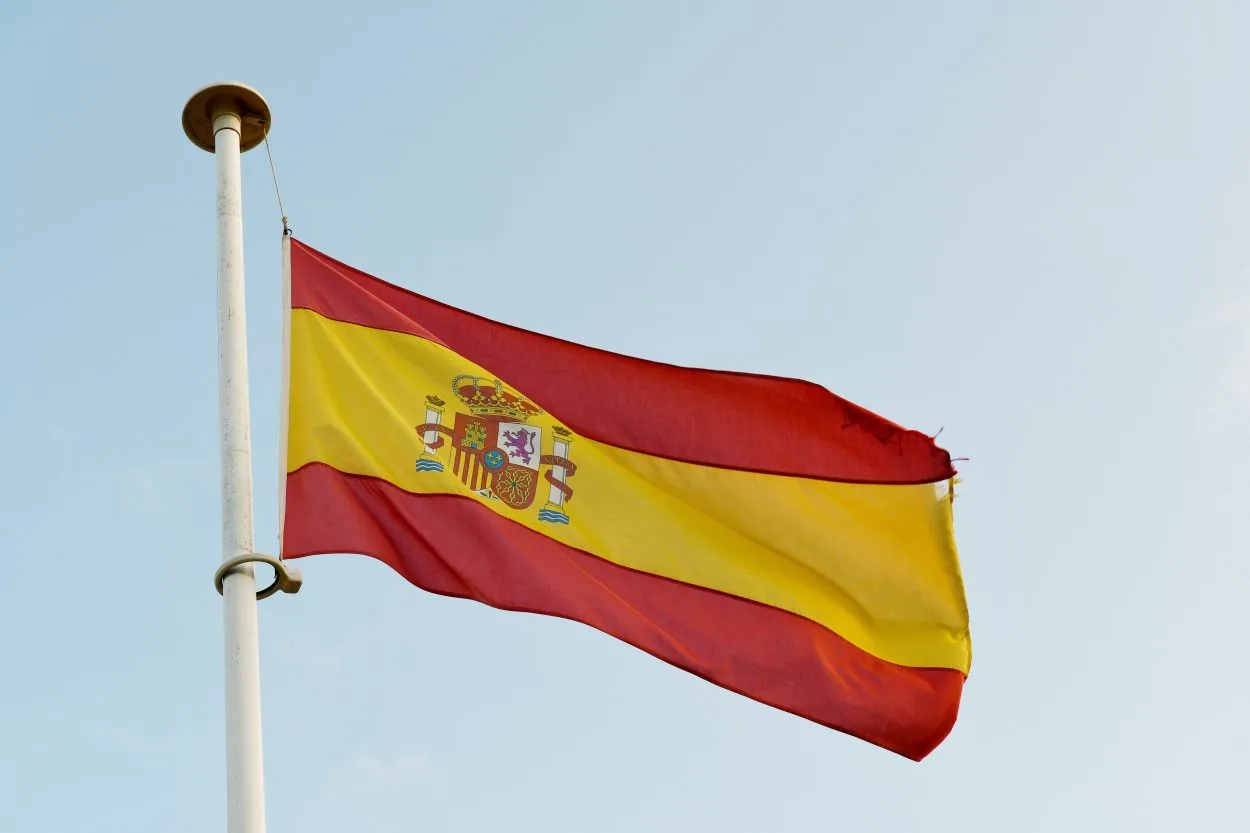
Spaniard is a noun that refers to the people who are native to Spain, whereas Spanish denotes a relation to Spain. Basically, Spanish, in this case, is an adjective.
Spanish also refers to the people of Spain. However, most people call a Spanish speaker Spanish, this is where the problem takes place: a person who speaks the Spanish language is Hispanic, and a person who’s from or indigenous to Spain is Spanish.
The correct way of referring to the people of Spain is by using the word Spaniard rather than Spanish. By “people of Spain,” I meant the people who are indigenous to Spain.
When someone says, “I’m Spaniard,” it shows that their English isn’t good because it should have been “I’m a Spaniard,” while “the Spanish” refers to the people of Spain collectively.
There’s nothing derogatory about the word “Spaniard”; however, news channels and almost everyone still use the word “Spanish” to refer to the people of Spain.
As we know, Spanish is the second-most spoken language in the world. During the Spanish Empire period, many people migrated from Spain to the conquered lands, and the Spaniards brought the Castilian language and culture with them. It lasted for several centuries and created a global empire with a diverse population.
Where do Spaniards descend from?
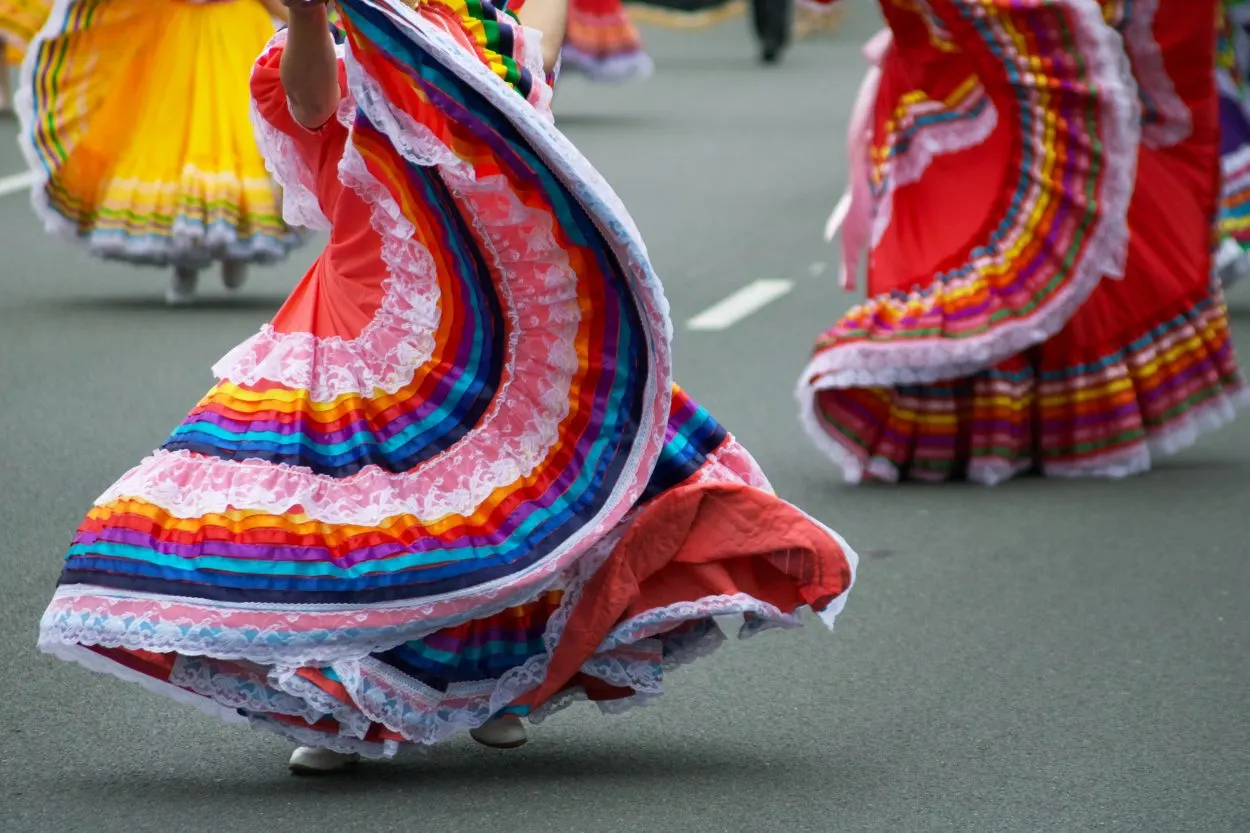
The genetics of Spanish people majorly derives from the pre-Roman occupants of the Iberian Peninsula, including pre-Indo-European as well as Indo-European speaking pre-Celtic communities (Iberians, Vettones, Turdetani, and Aquitani) and Celts (Gallaecians, Celtiberians, Turduli and Celtici), who the ancient Romans romanized after the conquest of the region.
Furthermore, a minority of male lineages can be descendants of Germanic tribes, who came as the ruling elites after the Roman period, which includes the Suebi, Hasdingi Vandals, Alans, and Visigoths.
If we talk about the religion of the Spanish People, Roman Catholicism is the largest denomination in Spain. However, the number of people who believe in Roman Catholicism has decreased.
A study by the Spanish Centre for Sociological Research in 2018 says around 68.5% of Spaniards have self-identified as Catholics, 25% have become atheists or declared that they have no religion, and 2% of Spaniards are of other faiths.
A survey data for 2019 shows that the Catholics went down to 69%, “other faith” went up to 2.8%, and atheists or non-believers went up as well to 27%.
What’s the difference between Spaniards and Hispanics?

The only difference that can be noted between Spaniards and Hispanics is that Spaniards refer to aboriginal people in the country of Spain. In contrast, Hispanics speak Spanish and have a background in a Spanish-speaking country. Basically, Hispanic people are those who speak Spanish, or their ancestors did.
The term ‘Hispanic‘ in Spanish is ‘Hispano’. It refers to people, cultures, or countries related to Spain, the Spanish language, and/or Hispanidad (Hispanidad refers to the people, countries, and communities that share the Spanish language and Hispanic culture).
The Roman Republic ruled Iberia during the 2nd and 1st centuries BC. thus, the term Hispania was given to Iberia by the Romans as a province of their Empire.
The terms Spanish, Spain, and Spaniard ultimately have the same etymology as Hispanus. Furthermore, The Spanish language is the major cultural element that Hispanic people share.
Here is a table for the differences between Spaniards, Spanish, and Hispanics.
| Spaniard | Spanish | Hispanic |
| It’s used to refer to the people indigenous to Spain | It’s used to refer to the people, nationality, culture, language, and other things that are related to Spain. | It’s used to refer to the people who speak Spanish or have a background in a Spanish-speaking country. |
Are people from Spain Spaniards or Spanish?
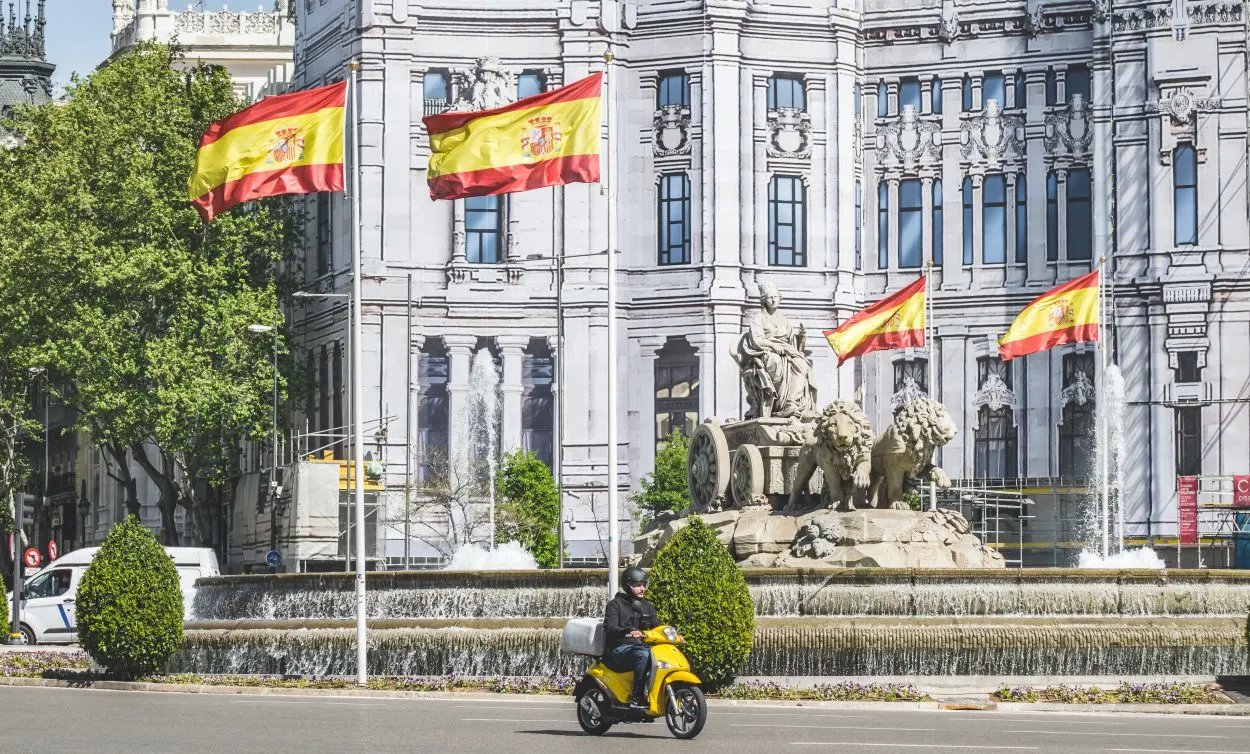
There are many ethnic groups inhabiting Spain, and the people who are indigenous to Spain are known as Spaniards, however, you can also call them Spanish people. But the problem with calling them Spanish is that it refers to the people of Spain collectively, whereas the term Spaniard is used for an individual.
Spain is quite a huge country. Thus, there are several nationalities and regional populations that reside in it. This includes the Andalusians, Castilians, Catalans, Valencians, and Balearics (who speak the language which is a Romance language in eastern Spain), the Basques ( who speak a non-Indo-European language), and lastly, the Galicians (who speak Galician).
Respect for the existing cultural pluralism is important to Spaniards, there are many regions where there exist strong regional identities, for instance, Asturias, Aragon, the Canary Islands, León, and Andalusia, whereas in other regions like Catalonia or Galicia, there exist strong national sentiments.
Moreover, many people refuse to identify as the Spanish ethnic group, they prefer to be identified as the following nationalities and regional identities:
- Andalusian people
- Aragonese people
- Asturian people
- Balearic people
- Basque people
- Canary Islanders
- Cantabrian people
- Castilian people
- Catalan people
- Extremaduran people
- Galician people
- Leonese people
- Valencian people
To Conclude
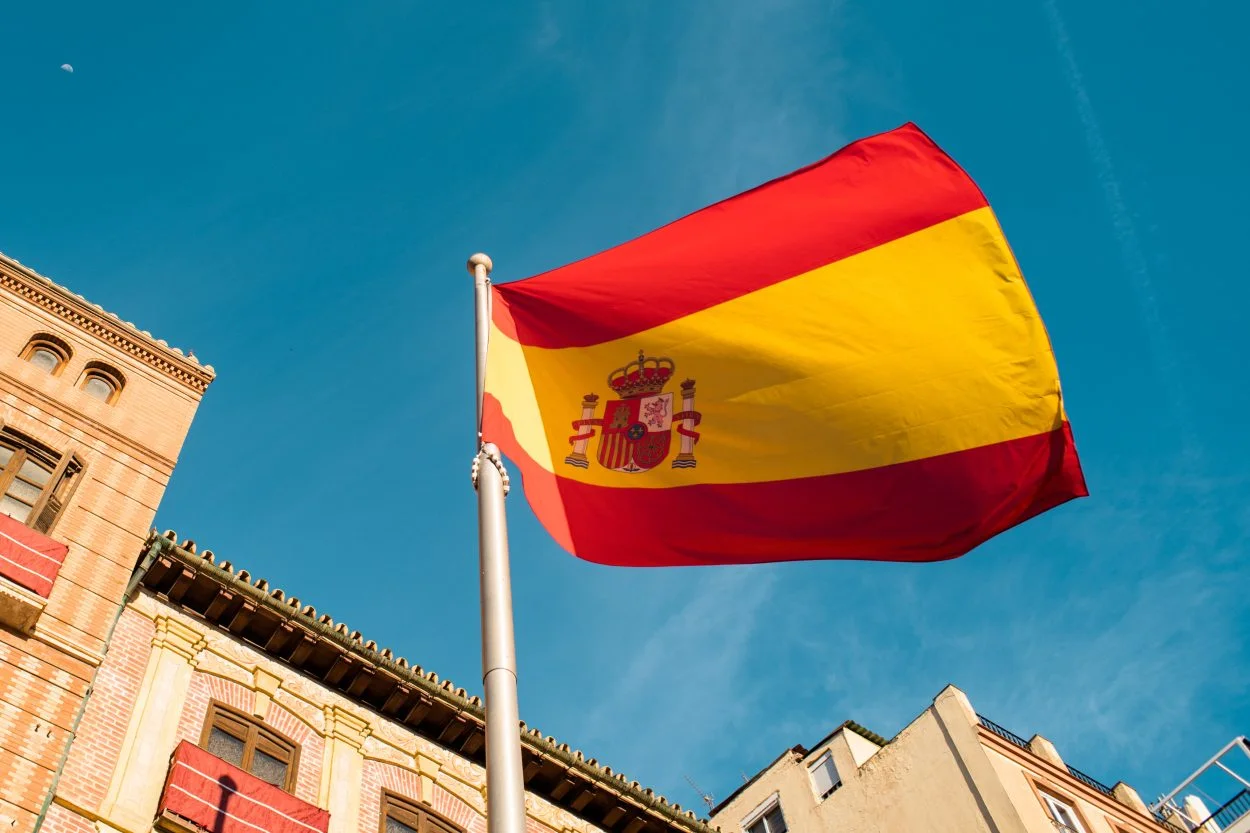
- Spaniards are the indigenous people of Spain, known as native inhabitants.
- In a broader sense, Spanish can refer to anything related to Spain, including its language.
- The primary language spoken by Spaniards is Castilian Spanish.
- Spain is a diverse country with various ethnic groups and regional identities.
- Some people in Spain prefer to identify with their regional or national identity. They don’t like being called just as Spanish.
- “Hispanic” refers to individuals who speak Spanish. It can also describe those with a background in Spanish-speaking countries.
- The Spanish language is a significant cultural element shared by Hispanic people.
- Spain has a complex cultural and linguistic landscape. They have many regional variations and identities.

